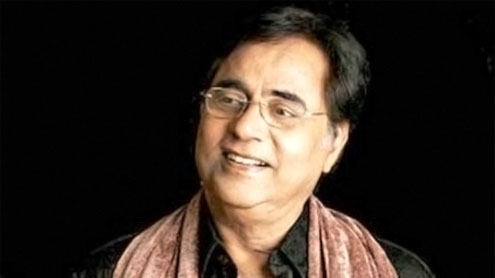 Legendary Indian musician and composer Jagjit Singh, 70, was laid to rest yesterday in India. After a brain operation, he slipped into a coma for three weeks and then passed away.
Legendary Indian musician and composer Jagjit Singh, 70, was laid to rest yesterday in India. After a brain operation, he slipped into a coma for three weeks and then passed away.
Singh, also known as “Ghazal King”, has left generations of admirers saddened by his demise.Jagjit Singh was seen as a pioneer of revolutionising the intricate and venerable ghazal poetry into a simpler expression of heartfelt emotion that spoke to the common man. His compositions allowed the ghazal, which initially symbolised the social gatherings of the elite, to reach a wider audience. His melodious and enthralling voice mesmerised millions and invoked a sense of passion and melancholy in his listeners that transcended the boundaries of culture, race, religion or nationality.
With a career spanning over five decades and a collection comprising 80 albums, he revived the traditional ghazal singing through transfusion of modern and classical instruments with modern geet, thereby enhancing his influence in redefining the age-old genre of classical ghazals.
Jagjit Singh sang many duets with his wife Chitra Singh and together they made record-breaking contributions to the field of contemporary classical music. They tried to follow in the footsteps of the distinguished classical greats across the border like Mehdi Hasan, Iqbal Bano, Farida Khanum and Noor Jehan, who dominated the ghazal genre of music in Pakistan. Over time, there have been many ghazal singers in India who have gained popularity. While they may be good, they are unable to come at par with their predecessors who, with their mystical voices and flawlessly sung poetry, left an intoxicating impression on their captivated audiences.
Also, the traditional relationship of shaagird-ustaad (student-teacher) in vocal training that has produced some great singers in the past is no longer pursued as intensively as it was in the past. The deaths of many classical singers leave the future of traditional music in uncertainty. Jagjit Singh is said to have saved the ghazal genre from extinction in India. After his demise, it seems that the prospects of India to reproduce ghazal singing as a form of art look bleak. Who is going to continue the legacy of such icons and will anyone ever be able to compare to the vocals and innate talents of the traditional ghazal musicians? – Dailytimes












